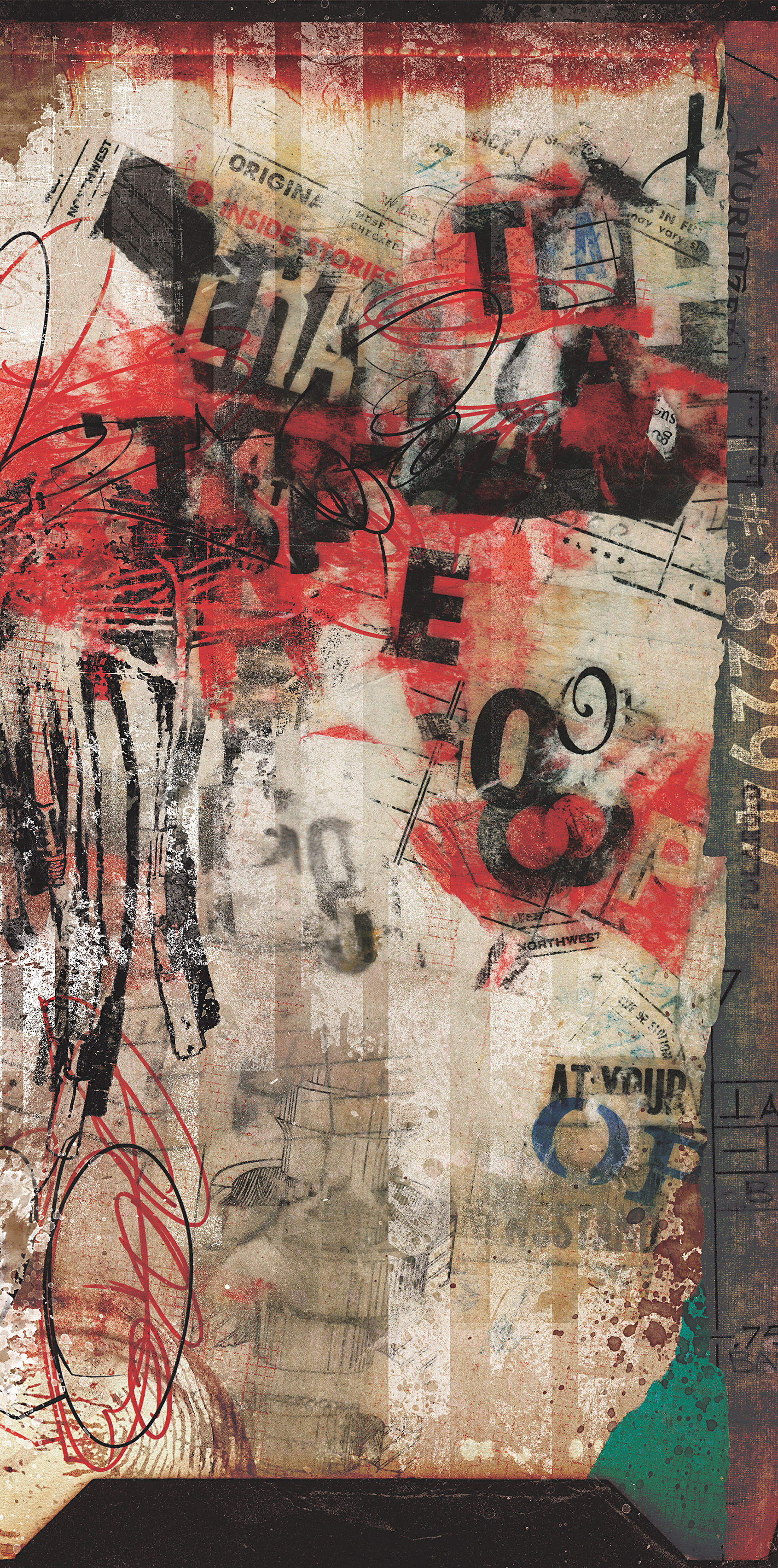When producing a record one of the main tenets I follow relates to how I get others to use their ears, brains, and – most importantly – their emotions when they listen back to takes.
Something I noticed early on – that became even worse once the computer took over from analog tape – was after an artist or a band would do several takes of a song and then come into the control room to listen and assess what they had done, they tended to spend all of their energy looking only for faults and mistakes. Like the way a copy editor looks for misspellings or poor punctuation. They would only describe to me their favorite takes in terms of what was "wrong" with one versus another. They tended to choose the "best" take using a "lesser of two evils" approach. It used to drive me crazy
So, I adopted a simple set of instructions that I would try and get people to adhere to when they returned to the control room to listen back:

"I don't want to hear a single comment about any mistakes made, or anything that might be wrong with any of the takes. I only want to hear comments about what you felt was AMAZING about any of them. Elements that jumped out and got your attention in an unexpected, exciting, or emotional way. In other words, don't talk to me about the flaws; talk to me about the magic moments."
I found this had two results:
1. It forced us to focus on what really matters, which are indeed those "lightning in a bottle" moments. It's easy to miss those if all you are listening for are the mistakes.
2. It often pointed out that maybe we weren't done tracking yet, because we still had not recorded something that was actually exciting enough to consider continuing with.
Entirely too often I would see sessions where people looked at the recording process simply as "checking all the boxes" and then moving on to the next overdub or such, instead of taking stock in what they were actually creating and making sure it was special enough to continue moving forward. I mean, if we're not recording music that is truly blowing our minds, then what is the point?
Once we learn the basics of engineering, recording a song is, frankly, very easy. But making an album that is truly moving to others when they listen to it, is not. Great records are not ones that simply have all of the blemishes polished out of them. Great records manage to capture spellbinding sounds and performances, while also evoking emotional responses. Listening emotionally, rather than simply critically, helps remind us what's really important as we make decisions along the way. 

